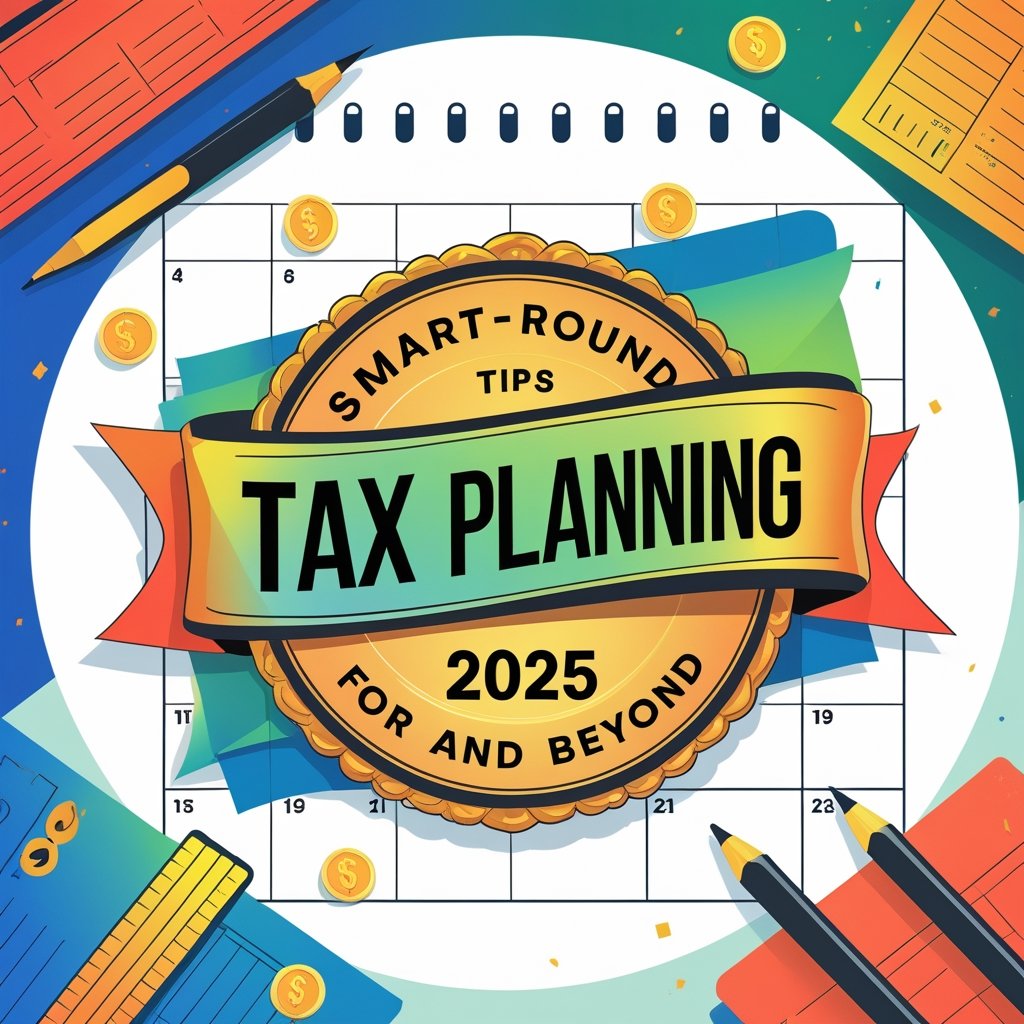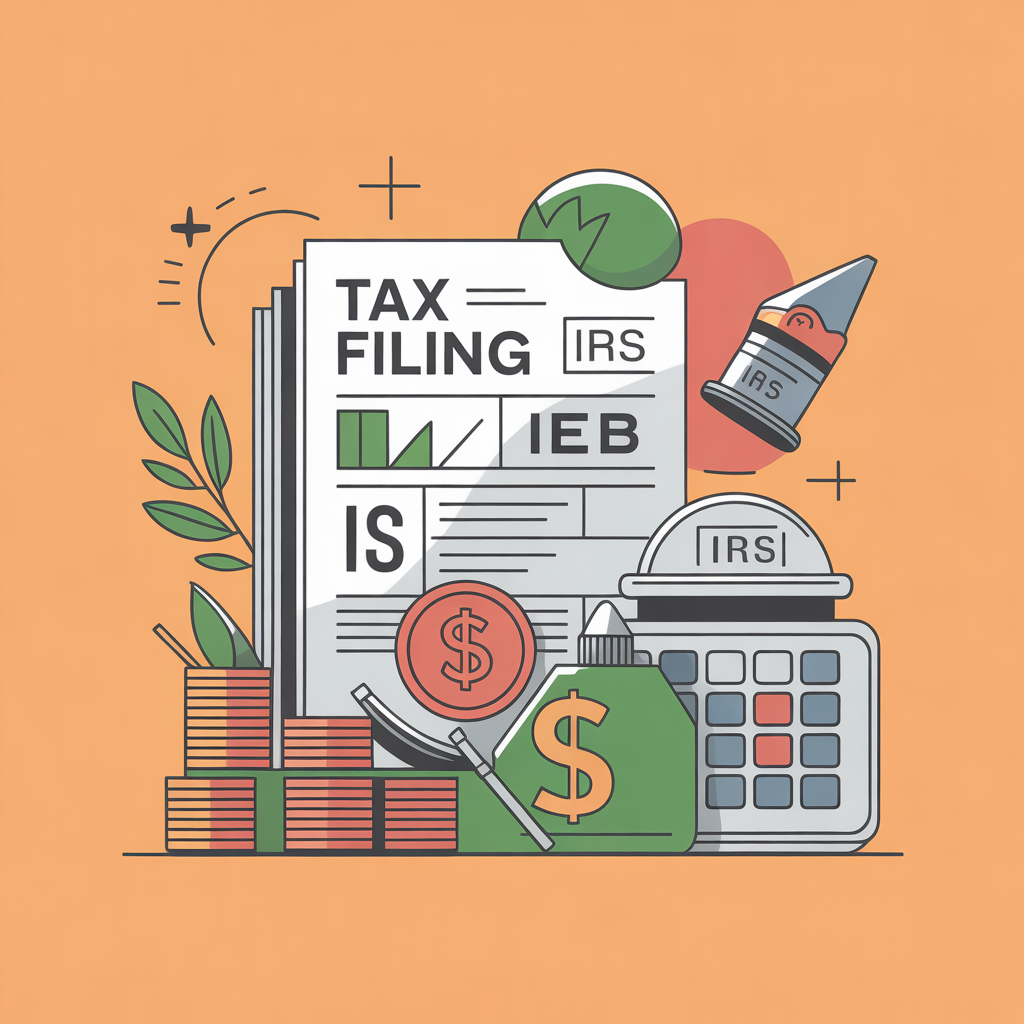When it comes to taxes, most people wait until filing season to think about them. But smart taxpayers know that year-round planning is the real key to lowering tax bills, avoiding surprises, and building long-term financial security. With the 2025 tax season introducing new IRS updates and evolving financial landscapes, proactive tax strategies matter more than ever.
Here are practical, smart tax planning tips you can apply throughout 2025 and beyond.
- Review Your Withholding and Estimated Payments
Waiting until April to discover you underpaid can be costly. Use the IRS Tax Withholding Estimator and adjust your W-4 to ensure you’re not overpaying (losing cash flow) or underpaying (risking penalties). Self-employed? Make sure your quarterly estimated tax payments are on track.
- Maximize Retirement Contributions
Retirement accounts aren’t just for saving—they’re powerful tax shelters:
- 401(k)/403(b): Contribute up to the annual limit ($23,000 in 2025, plus $7,500 catch-up if 50+).
- Traditional IRA: Contributions may be deductible depending on income.
- Roth IRA: No upfront deduction, but tax-free growth is invaluable.
Contributing early in the year gives your money more time to grow.
- Take Advantage of Tax-Efficient Investments
Taxes can eat into investment returns if you’re not careful:
- Use tax-loss harvesting to offset capital gains.
- Keep tax-inefficient investments (like bonds or actively managed funds) in retirement accounts.
- Prioritize long-term capital gains rates by holding assets longer than a year.
- Track Credits and Deductions Throughout the Year
Don’t scramble in March looking for receipts. Instead, keep a digital tax folder where you drop receipts for charitable donations, medical expenses, or education costs. Popular 2025 credits and deductions to watch:
- Child Tax Credit & Earned Income Tax Credit
- Education Credits (American Opportunity, Lifetime Learning)
- Clean Energy & EV Credits
- Mind Your Health Savings
If you have a High Deductible Health Plan (HDHP), a Health Savings Account (HSA) is triple-tax advantaged:
- Contributions are deductible.
- Growth is tax-free.
- Withdrawals for medical expenses are tax-free.
For 2025, individuals can contribute up to $4,300 and families up to $8,600 (with $1,000 catch-up for 55+).
- Plan for State Taxes If You’re Moving
Remote work has blurred state tax residency rules. If you move in 2025, be aware of dual-state filing, different tax brackets, and residency tests. Proper planning can prevent double taxation.
- Stay Ahead with Business and Side Hustle Taxes
Freelancers, gig workers, and small business owners should:
- Deduct eligible expenses (home office, mileage, supplies).
- Consider entity choice (LLC vs. S-Corp) for tax savings.
- Keep separate accounts for personal and business income to simplify bookkeeping.
- Think About Estate & Gift Tax Planning
In 2025, the lifetime estate and gift tax exemption is scheduled to remain high, but changes may come in future years. Gifting assets now or setting up trusts could save your heirs significant taxes later.
- Keep an Eye on IRS Updates
Tax laws evolve every year. For 2025, changes to brackets, credits, and deductions may affect your return. Stay informed through IRS bulletins—or better, partner with a tax professional who can anticipate changes and adjust your strategy.
- Work with a Professional Early
Tax planning isn’t just about filling out forms—it’s about strategy. By consulting a tax advisor early in the year, you can:
- Adjust your financial plan before December 31.
- Catch tax-saving opportunities before they expire.
- Avoid the stress of last-minute filing.
Contact us: +1 (972)-996-6644
Email us : info@theriwa.com Visit our website : https://theriwa.com/






